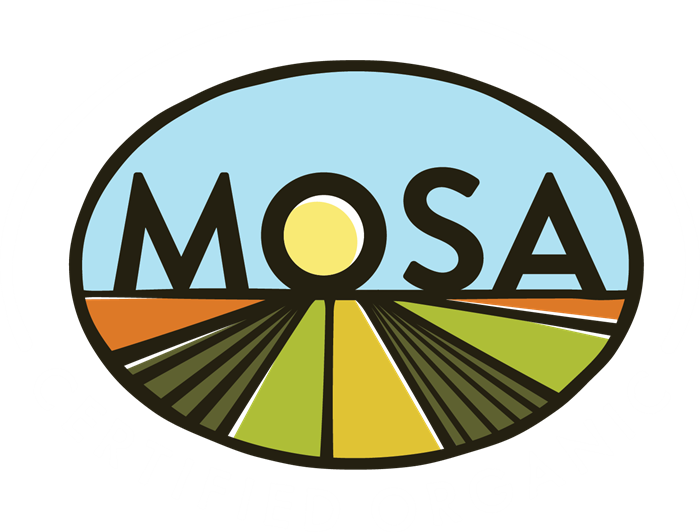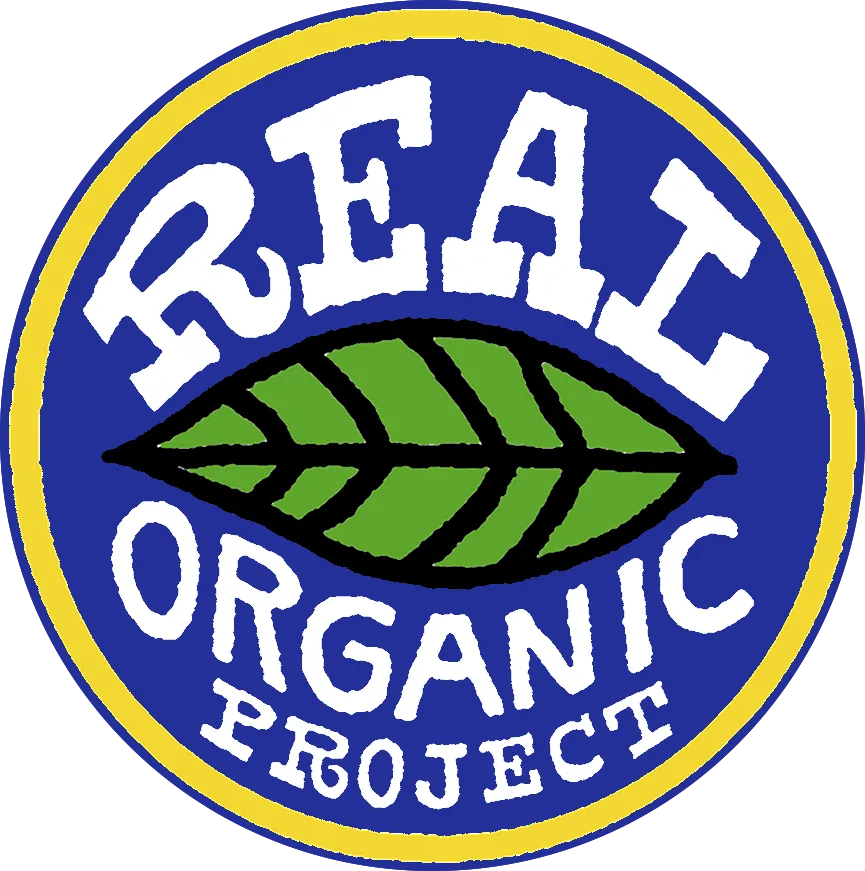All This Rain!: Summer CSA ’13 ” Week #4
A common question we have been asked in the last couple of weeks is, €œHow does all this rain affect you?€
There are 3 main ways:
- soil loss
- delays in the field
- disease
Soil Loss: The term €˜organic’ farming was originally coined in reference to an attention on preserving and building organic matter in the soil. While food is our end product, in many ways we are soil farmers. Healthy soil is the basis of healthy food. When heavy rains like the last couple of weeks come through, even if all your ground is planted, or ‘covered’, there is still going to be precious soil that washes away. Thankfully being on low ground minimizes this to some extent.
Delays in the Field: Another major way all this rain impacts us is by delaying our ability to get into the field to cultivate (weed by tractor) and plant. We don’t want to put equipment in the field because a) it can get stuck and b) we don’t want to damage the soil by compacting it. So we have to wait for the fields to dry out. Unfortunately, the weeds don’t wait. When the grounds finally do dry out, it’s a marathon of tractor cultivation to catch up with the weeds’ growth spurts ” lots of late nights.
The other kind of field delay we experience is a planting delay. When the ground is too wet, we can’t transplant seedlings from the greenhouse or direct seed into the soil – for the same reasons listed above. With these past rains, we lost our 2nd cucumber planting. We seeded 576 cucumber plants in the greenhouse on May 13th. They were ready to go in the ground a week and a half ago. But with all the rains, we weren’t able to put them in. Now the seedlings are stressed and beginning to flower in their cells. The stress isn’t something they snap out of quickly. If we were to plant them, they would eventually bear fruit, but they would probably be ready at the same time as the 6/17 planting. Then we’d have too many cucumbers at once. So in essence, we lost the 2nd planting due to the rain.
Disease: A final way the rain impacts us is by creating an excellent environment for disease. Fungal diseases absolutely love cooler, moist conditions. We are particularly worried about late blight, a fungus that can decimate our tomato and potato crops. Many of you may remember how ourselves, as well as many other area farms, lost their tomato crops in 2010 from late blight. We are spraying some of our crops with copper sulfate to try and prevent fungal disease. (Side note ” contrary to popular understanding, organic does not mean €˜no spray.’ Organic farmers can spray a limited number of approved sprays on their crops. Generally speaking, organically approved sprays are not made from petrochemicals and they do not persist in the environment.) Last night Mike sprayed copper sulfate on our tomatoes to help prevent late blight, early blight, and septoria. We sprayed copper on the melons to prevent downy mildew. We also sprayed copper sulfate on our celeriac, potatoes, and peppers for further fungal disease prevention.
The rain certainly has its impacts… but so does cold, heat, drought, high winds. etc. With farming, it’s always something; we just have to roll with the weather the best we can. Hopefully through planting a diversity of crops, it all balances out to a good season, no matter what the skies bring.
Enjoy your veggies! Mike, Cassie, Zea, and Edie
- Basil
- Beets
- Cucumber
- Head Lettuce (either Red Leaf or Romaine)
- Garlic Scapes
- Pearl Onions
- Salad Turnips
- Strawberries
- Zucchini
REGs only
- Fennel
- Sugar Snap Peas
EOs only
- Broccoli
- Cabbage, Green
- Kohlrabi
Don’t forget to get your recipes from Local Thyme!
Summer CSA Week #4: Wednesday, July 3rd ” REGs & Group B -EOs






